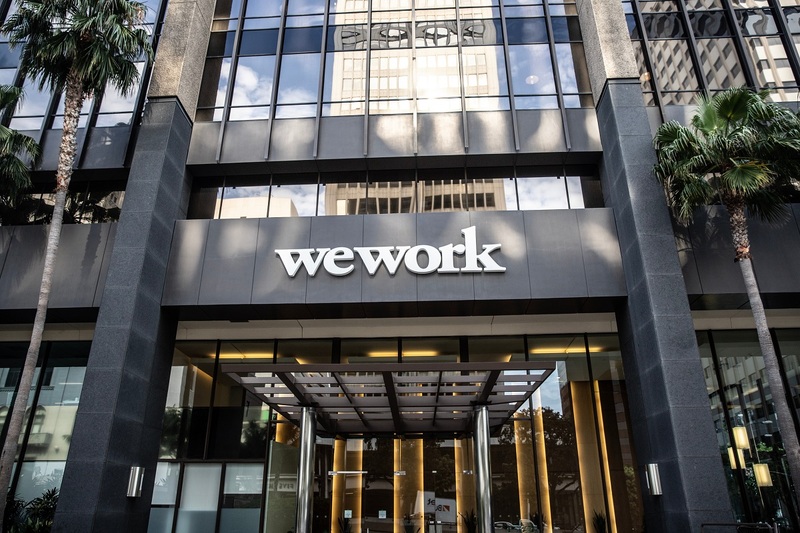WeWork files for Chapter 11 bankruptcy
WeWork and some of its entities – once valued at $47bn – have confirmed it’s filed for a Chapter 11 bankruptcy in the US.

Senior Journalist, covering the Credit Strategy and Turnaround, Restructuring & Insolvency News brands.

Senior Journalist, covering the Credit Strategy and Turnaround, Restructuring & Insolvency News brands.
It’s part of a “comprehensive reogranisation” of the business designed to “strengthen its capital structure and financial performance”. Alongside its Chapter 11 in the US, it also intends to file recognition proceedings in Canada under Part IV of the Companies’ Creditors Arrangement Act
The company has, however, said its locations outside of the US and Canada will not be part of this process – with its franchisees around world similarly unaffected.
It comes just a week after the firm said it had entered into an agreement with its creditors for a temporary postponement of payments for some of its debt. It had net long-term debts of $2.9bn as the end of June, and more than $13bn in long-term leases.
WeWork chief executive David Tolley said: “It is the WeWork community that makes us successful. Our more than half-million members around the world turn to us for the best-in-class spaces, hospitality, and technology that our 2,500 dedicated employees and valued partners provide. WeWork has a strong foundation, a dynamic business, and a bright future.
“Now is the time for us to pull the future forward by aggressively addressing our legacy leases and dramatically improving our balance sheet. We defined a new category of working, and these steps will enable us to remain the global leader in flexible work.
“I am deeply grateful for the support of our financial stakeholders as we work together to strengthen our capital structure and expedite this process through the restructuring support agreement. We remain committed to investing in our products, services, and world-class team of employees to support our community.”
WeWork is filing with the court a series of customary “First Day Motions” to facilitate a “smooth transition into the process” and to support operations throughout its cases, which it expects to be approved in short order.
